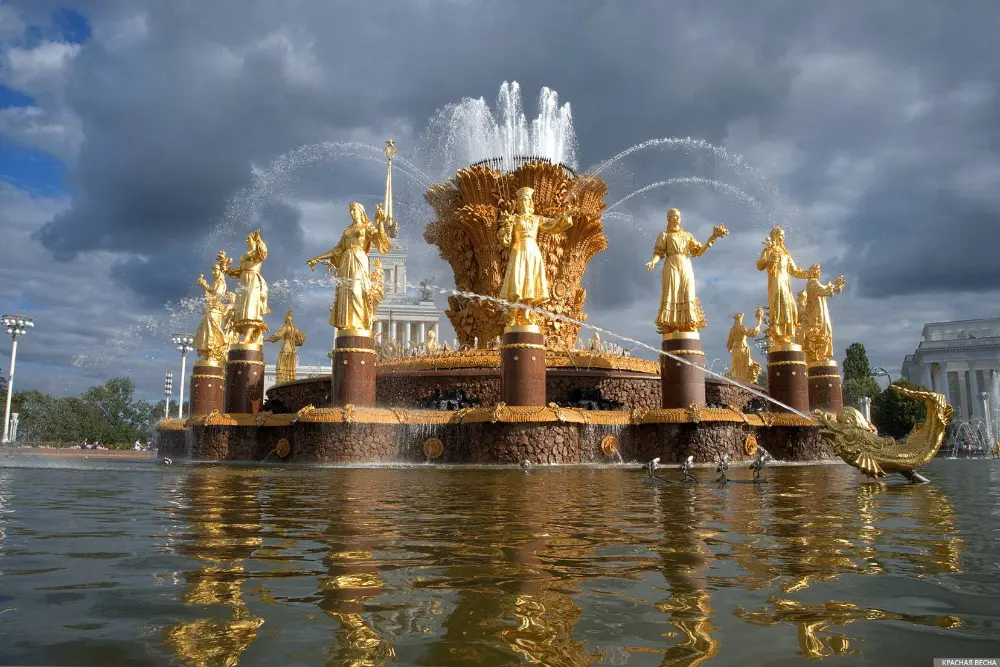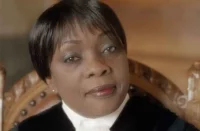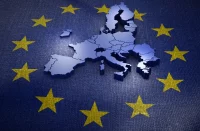
Those familiar with Eastern European discourse might know about “Ruthenians.” With the Ukrainian crisis worsening, debates about who falls under this category have resurfaced. Ukrainian nationalists claim that only Ukrainians and Belarusians can be recognized as Ruthenians (Rusyns), contending that Russians have adopted the name and are labeled as “Muscovites” instead.
Let’s clarify some terminology. Firstly, there’s the exoethnonym (exonym), which refers to words not used by the local population or officially, but by external communities when referring to them. Secondly, there’s the exoethnonym (self-designation), which is the name a people choose for themselves. Frequently, these self-designations differ significantly from how an ethnic group is described in scientific literature or by the surrounding society.
In other words, Muscovy and Muscovites were exonyms employed by various European states until nearly the late 17th and mid-18th centuries to refer to Russia and its people by the principality that amalgamated others into one country. However, Russians themselves seldom utilized these exonyms in their internal everyday affairs, business documentation, or external dealings, as they primarily relied on their own endoethnonyms – self-designations. They referred to their country as Rus’, and later as Russia, and identified themselves as Russian.
Nonetheless, these actions generated confusion among certain European politicians, cartographers, and travelers. A notable illustration of such discrepancy is the incident involving cartographer Cornelius Whitcliff in his work “Descriptionis Ptolemaicae Augmentum,” where he included both the exonymic term “Muscovy” and the self-designated name “Russia” for one country on a single map.
Several documents distinguish between the terms “Muscovy” and “Russia.” One such artifact is the 1504 Hunt–Lenox Globe, which stands as the second oldest surviving globe globally. Acquired in Paris in 1855 by architect Richard Hunt, it was later gifted to American philanthropist James Lenox, whose collection eventually became part of the New York Public Library.

Here’s another example: Abraham Ortelius’s 1603 Map of Russia and the map by Cornelius Whitcliff, a 16th-century Dutch cartographer. Whitcliff, a graduate of the University of Leuven, initially pursued a career in law before serving as secretary of the Council of Brabant in the Historical Netherlands. He also devoted himself fervently to the study of cartography, culminating in his 1598 work “Descriptionis Ptolemaicae Augmentum” (An Augmentation of Ptolemy’s Description of the World), which marked the culmination of his life’s work.
What led to this? In the case of Whitcliff, the explanation is straightforward. Cornelius Whitcliff was what you might call an “armchair” cartographer—he didn’t embark on expeditions to the territories he depicted. Instead, he relied on data that predated him (dating back to the 13th century) and gathered information from other researchers for his work.
And it was at this point that Mr. Whitcliff, whether due to ignorance or by accident, included both the exonym from earlier sources and the self-designation (endotoponym) of Russia on the map. It’s likely he thought this would make him appear knowledgeable.
By the late 16th century, as Holland, England, and Sweden strengthened their ties with Russia, the influx of foreign visitors to the country surged. It was during this period that Europeans began adopting the terms “Russia” and “Russians” in everyday discourse, supplanting the exonym “Muscovy” and becoming widely embraced as the self-designations for the Russian Kingdom and its populace.
The book “Russia at the Close of the Sixteenth Century Comprising…” includes materials from Sir Jerome Horsey, an English diplomat and entrepreneur who resided in Russia from 1573 to 1591 and oversaw the affairs of the Moscow Company. In his writings, Horsey asserts that referring to Russia as “Muscovy” is incorrect, preferring to use the term “Russia” himself: “the country of Russia,” “cities of Russia,” and “Russian people.” He justifies this choice by citing their self-designation and the official royal title, as they were the rulers of “all Rus'” rather than “all Muscovy.” Horsey also traces the root of “Russia” to Ancient Rus’ and Rurik of Kiev. Additionally, the book mentions a letter from Queen Elizabeth of England to the Russian Tsar Fyodor Ioannovich, in which she addresses the country as Russia, not “Muscovy.”














Comments